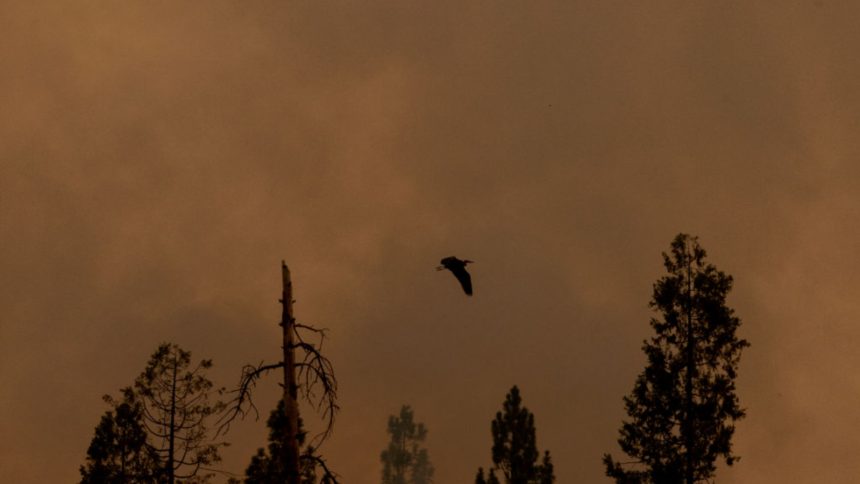The impact of wildfire smoke extends beyond human health, affecting the entire ecosystem. Recent studies have shown a significant decrease in bird activity following severe wildfire smoke events. An acoustic study conducted in Washington state during the 2020 wildfire season revealed a 15 percent drop in a biodiversity index as a result of smoky conditions. Researchers like Olivia Sanderfoot are highlighting the importance of understanding the effects of wildfire smoke on birds and other animals. The deployment of bioacoustic monitors has provided valuable insights into the changes in bird activity caused by smoke events.
While the use of bioacoustic indices is debated in ecological research, recent studies have shown a correlation between these indices and bird activity. Sanderfoot’s work, along with similar research in Southeast Asia, underscores the potential far-reaching impacts of air pollution crises on biodiversity. By engaging birding enthusiasts to report avian activity during wildfire seasons, researchers hope to bridge the gap in our understanding and support conservation efforts in this area.






